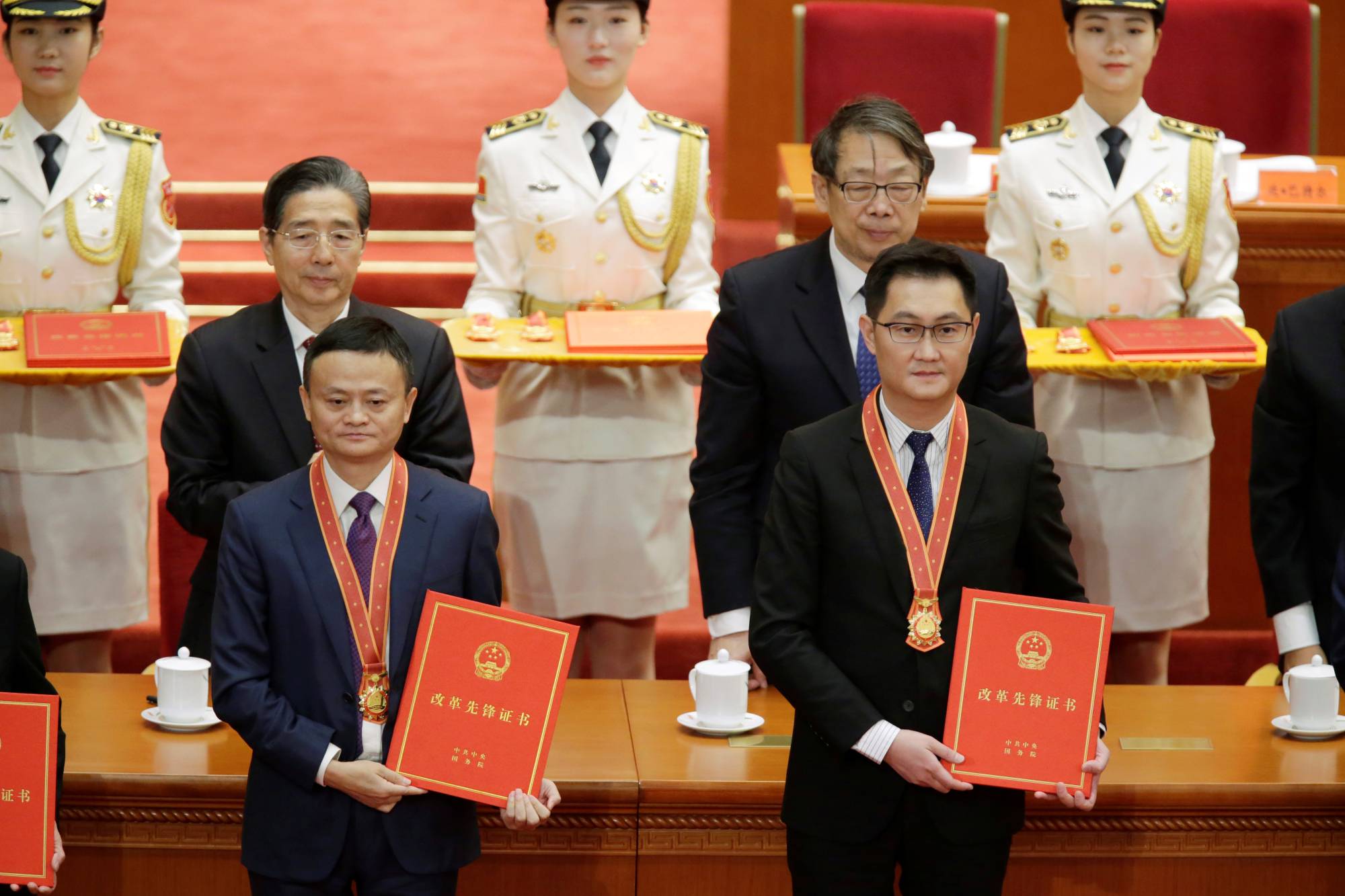Since the Chinese authorities suddenly halted fintech conglomerate Ant Group’s planned initial public offering in autumn 2020, its parent company, e-commerce king Alibaba, has been facing harsh regulatory scrutiny. On Christmas Eve, China’s antitrust authority announced that it was investigating the firm’s exclusive business practices. And Alibaba’s founder, Jack Ma, recently eased concerns regarding his fate by appearing in public for the first time since last October, when he delivered a speech criticizing financial regulation in China.
The mere announcement of the investigation into Alibaba wiped more than $100 billion off the firm’s market value overnight. Given the Chinese government’s huge regulatory power, investors are rightly anxious about Alibaba’s prospects. But the government’s sudden and aggressive move against the firm also reveals much about the regulatory regime’s weaknesses.
To be sure, the Chinese government has legitimate reasons to be vigilant toward the country’s highly concentrated internet sector. By targeting superstar firms like Alibaba, China is following a global regulatory trend, with U.S. and European Union policymakers similarly vowing to impose tougher sanctions against monopolistic internet giants.



















With your current subscription plan you can comment on stories. However, before writing your first comment, please create a display name in the Profile section of your subscriber account page.